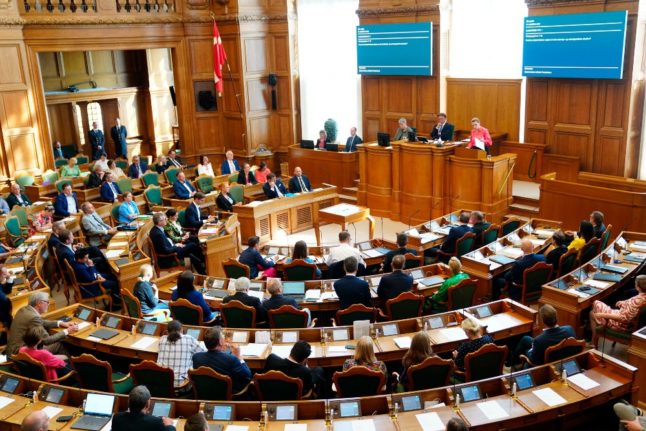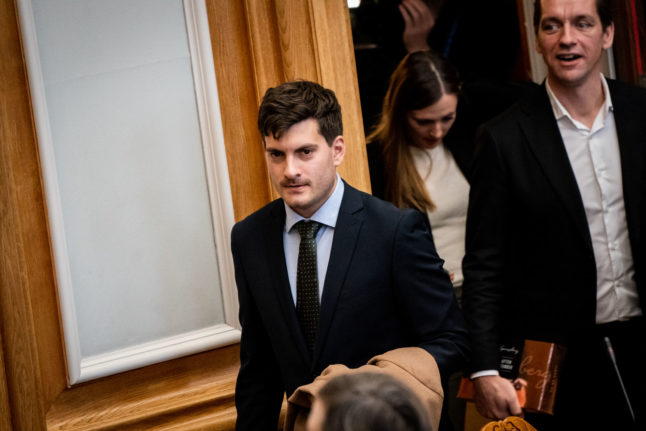In the joint statement, the parties say “the aggressor’s veto must not decide and must not set the agenda for Danish politics and Danish democracy”.
“The government’s statements up to now open a gate which leads to Denmark-based Iranians being unable to burn a Quran in sympathy with the brave women in Iran, where Tibet sympathisers must be hidden during state visits from China,” the parties say.
The parties in question are the Socialist People’s Party (SF), Denmark Democrats, Liberal Alliance, Conservatives, Red-Green Alliance, Danish People’s Party and Nye Borgerlige. These parties have a combined total of 72 seats in parliament, which is not a majority.
The government has said it solely wants to restrict Quran burnings at embassies, arguing they risk damaging Denmark’s international standing as well as threaten security.
Critics argue the proposal is the beginning of a ‘slippery slope’ to further free speech curbs.
READ ALSO:
- EXPLAINER: Can Denmark make it illegal to burn holy texts?
- TIMELINE: The July Quran burnings in Denmark
- EXPLAINED: Why are demonstrators in Denmark burning the Quran again?
On Sunday, the government said it would explore legal means of stopping protests involving the burning of holy texts in certain circumstances.
In a statement, the government cited security concerns following backlash over recent incidents that saw the Quran desecrated in Denmark and Sweden.
Noting that such protests played into the hands of extremists, the government wants to “explore” intervening in situations where “other countries, cultures, and religions are being insulted, and where this could have significant negative consequences for Denmark, not least with regard to security,” it said in a statement from the foreign ministry.
“This must of course be done within the framework of the constitutionally protected freedom of expression and in a manner that does not change the fact that freedom of expression in Denmark has very broad scope,” it added, stressing it is one of the country’s most important values.
The Danish government noted that the protests have “reached a level where Denmark, in many parts of the world across continents, is being viewed as a country that facilitates insult and denigration of the cultures, religions, and traditions of other countries.” It added that the “primary purpose” of some of the actions had been to provoke and “could have significant consequences.”
Both Danish and Swedish envoys have been summoned in a slew of Middle Eastern nations.



 Please whitelist us to continue reading.
Please whitelist us to continue reading.
Member comments